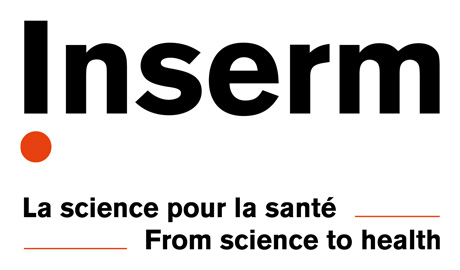DETAILS OF THE OFFER | PHD PROJECT TO STUDY THE ROLE OF GLIOVASCULAR ALTERATIONS IN MEGALENCEPHALIC LEUKOENCEPHALOPATHYWITH SUBCORTICAL CYSTS (MLC)
The Physiology and Pathophysiology of the Gliovascular Unit laboratory is looking to recruit a motivated student to present our project for the 2025 Sciences du Vivant (SdV) doctoral school contest of the PSL University.
The megalencephalic leukoencephalopathy with subcortical cysts (MLC) is a rare that presents at birth with macrocephaly and progressive myelin vacuolization, leading to ataxia, spasticity, and gradual cognitive decline. Currently, only palliative treatments exist to delay the progression of the disease in children as much as possible. MLC is primarily caused by loss-of-function mutations in the MLC1 gene. These mutations lead to the degradation of MLC1, a membrane protein expressed in the brain, specifically by astrocytes, and localized at the junction between their perivascular endfeet, which cover the entire blood vessels of the brain. We recently demonstrated, in the Mlc1KO murine model, that MLC is primarily associated with early alterations at the gliovascular interface: (i) disruption of astrocyte polarity and formation of their perivascular endfeet; (ii) defective maturation of vascular smooth muscle cell contractility, resulting in impaired cerebral blood flow, neurovascular coupling, and parenchymal drainage. Our hypothesis is that astrocytes control the maturation of cerebral vascular smooth muscle cells and that the absence of blood vessel contractility, resulting from the lack of MLC1, contributes to progressive myelin vacuolization and impaired intraparenchymal drainage, gradually increasing waste accumulation in the brain and susceptibility to neuronal disorders manifested by patients. We hypothesized that reintroducing MLC1 at the perivascular astrocyte endfeet would restore astrocyte signaling necessary for the maturation of cerebral vascular smooth muscle cells, thereby restoring vascular contractility and drainage, ultimately blocking the pathological process of MLC. The objective of this project is to test this hypothesis and propose therapeutic strategies for patients with MLC. We have validated a viral approach allowing the reformation of MLC1 junctions between perivascular astrocyte endfeet in Mlc1KO mice. We propose (i) to study in detail the effect of MLC1 reintroduction on astrocytes, the molecular and functional characteristics of cerebral blood vessels, and myelin damage; (ii) to define the most relevant therapeutic windows for patients. Our work has uncovered pathological mechanisms of MLC which we want to further investigate.
The PhD candidate working on this project must have a background in neuroscience, vascular biology, and molecular biology, as well as expertise in experimental techniques relevant to gliovascular unit research. The key required skills include: Understanding of astrocyte biology and the vascular system, including the gliovascular unit; Knowledge of neurovascular coupling, cerebrovascular physiology, and brain homeostasis; Familiarity with neurodevelopmental and neurodegenerative disorders; Experience in gene expression analysis (RT-qPCR, RNA sequencing, Western blot); Expertise in confocal microscopy for brain tissue morphology analysis; Experience with immunohistochemistry and immunofluorescence techniques; Handling and management of murine models; Experience in quantitative image analysis (ImageJ, Imaris) and transcriptomic data analysis; Statistical analysis using R, Python, or GraphPad Prism; Ability to design experiments, troubleshoot technical issues, and critically analyze results; Capacity to work independently while collaborating within a multidisciplinary team; Ability to present research findings at scientific meetings and conferences.
|





